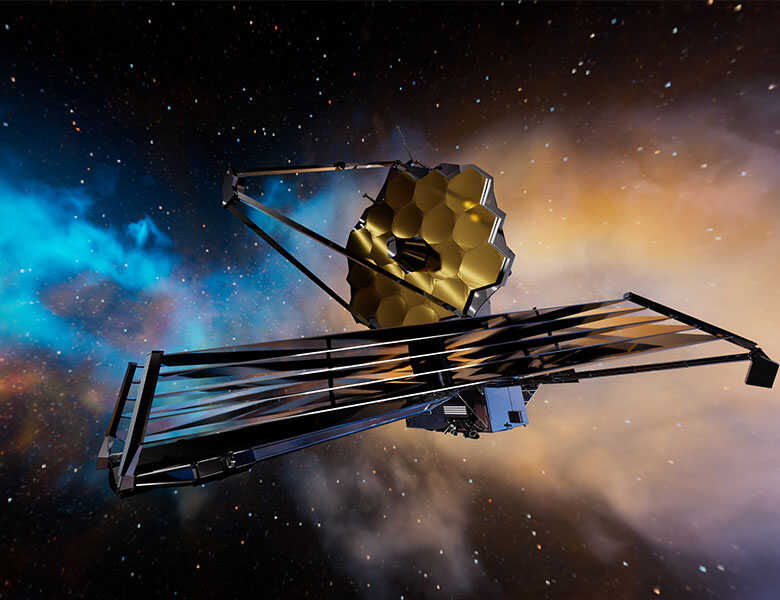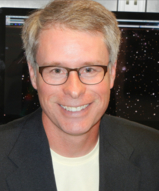THE LATEST
Incredible findings from the James Webb Space Telescope reshape our understanding of how galaxies form

In a thrilling turn of events, the remarkable James Webb Space Telescope (JWST) has made discoveries that could revolutionize our understanding of the cosmos. Case Western Reserve University research challenges the conventional theory of galaxy formation, prompting astronomers to reconsider their fundamental views of the early universe.
The standard model of galaxy formation has long suggested that the JWST would detect faint signals from small, primitive galaxies, which were thought to have formed under the influence of invisible dark matter in the universe's infancy. However, the latest data contradicts these assumptions, presenting a picture that deviates from this widely accepted hypothesis.
Professor Stacy McGaugh, a distinguished astrophysicist at Case Western Reserve University and the lead author of the research published in *The Astrophysical Journal*, stated, "What the theory of dark matter predicted is not what we see." This revelation indicates a potential paradigm shift, suggesting that modified gravity, rather than dark matter, may have played a crucial role in shaping the early universe.
The concept of Modified Newtonian Dynamics (MOND), proposed over two decades ago, predicted a rapid process of structure formation in the early universe, contrasting sharply with the predictions made by the Cold Dark Matter model. As the JWST explores the deep reaches of the cosmos, it has uncovered galaxies that are large and bright and align closely with MOND's projections.
"Astronomers invented dark matter to explain how we transition from a very smooth early universe to the large galaxies with significant space that we observe today," explained McGaugh, summarizing the implications of these groundbreaking findings. The expected signs of small galaxy precursors are noticeably absent, defying the forecasts of the astronomical community. 
Realizing that the early universe may have evolved fundamentally different from previous assumptions fills us with wonder, urging us to reevaluate our understanding of the cosmic processes that gave rise to galaxies and stars. The discoveries made by the JWST serve as a powerful reminder of the countless mysteries still waiting to be unraveled within the vast expanse of space.
As we stand at the brink of unprecedented cosmic understanding, McGaugh's words resonate with profound significance: "The bottom line is, 'I told you so.' I was raised to think that saying this was rude, but that's the essence of the scientific method: Make predictions and then check which ones come true." Indeed, these revelations exemplify the incredible journey of scientific discovery and encourage us to approach the universe's enigmas with unyielding curiosity and determination.

